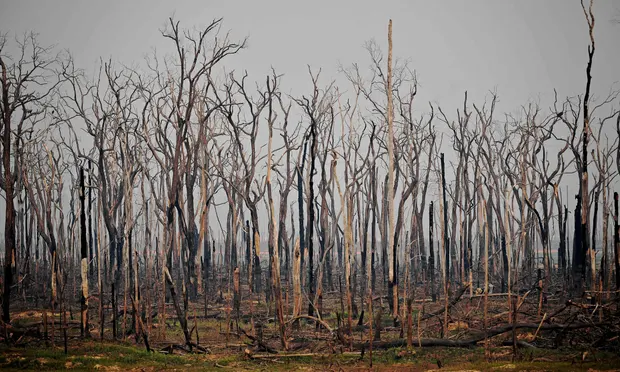Researchers have argued that Wealthy countries should pay for the loss and damage they cause to nature in poorer countries in the same way as for climate impacts.
Recall that at the Cop27 climate talks in November, world leaders agreed to a dedicated “loss and damage” fund providing financial assistance to poor nations stricken by climate disaster. More developed countries, which are largely responsible for driving climate breakdown, are to pay compensation to poorer nations, which are typically more vulnerable to its impacts.
Now, researchers are pushing for a similar fund that should be created for nature loss as according them, habitat loss and overexploitation of resources in poor countries is driven by consumption in the global north, researchers argue in a comment piece published in Nature Ecology & Evolution. The trade agreements between the two are based on historical injustices and power imbalances.
Read also: Report: Ukraine built more onshore wind turbines in past year than England
Researchers say that “Global biodiversity loss has been disproportionately driven by consumption of people in rich nations. The concept of ‘loss and damage’ – familiar from international agreements on climate breakdown – should be considered for the effects of biodiversity loss in countries of the global south.”
The researchers argue that loss of wildlife has significant social and economic impacts. As a result of the expansion of destructive mining, agriculture and deforestation by wealthy nations, people in poorer nations often have fewer natural resources to feed themselves, fewer opportunities to generate an income, and have a loss of cultural values.
“It’s the most vulnerable, poorest people that are the hardest hit by biodiversity loss and need extra support in dealing with its impacts. That’s the issue,” said the lead author of the research, Dr Dilys Roe, from the International Institute for Environment and Development in London. “There are these additional losses and damages which aren’t linked to climate change, and aren’t currently taken into account.”
Story was adapted from the Guardian.
